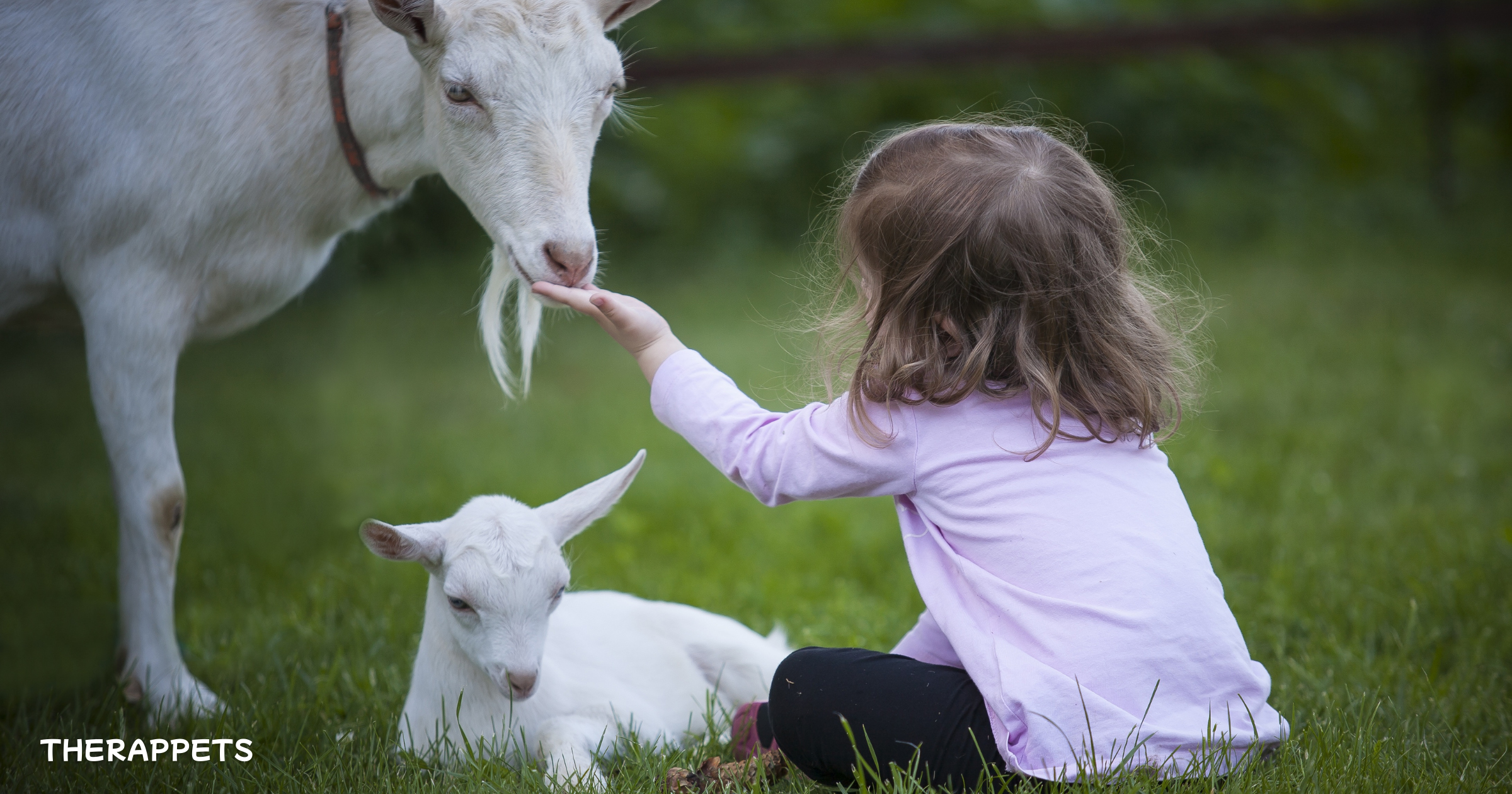When you think of therapy animals, goats might not be the first to come to mind. However, these playful and curious animals are proving to be unconventional heroes in stress relief. In this post, we’ll explore how therapy goats are helping people manage stress, their unique traits, and why they’re becoming a favorite in animal-assisted therapy programs.
Why Goats Make Great Therapy Animals
Goats are naturally playful, curious, and gentle, making them ideal for therapy work. Additionally, their small size and approachable demeanor help them connect with people of all ages. Unlike larger animals, goats are easy to handle and adapt well to various environments, from schools to nursing homes.
For more on unique therapy animals, check out our post on exotic pets for emotional support.
The Science Behind Goats and Stress Relief
Interacting with goats has been shown to lower cortisol levels, the hormone associated with stress. Moreover, their playful antics and calming presence can help reduce anxiety and promote relaxation. Studies have found that spending time with animals like goats can increase oxytocin levels, which enhances feelings of happiness and connection.
To learn more about the science behind animal-assisted therapy, visit our post on animal-assisted therapy benefits.
Where Therapy Goats Are Used
Therapy goats are increasingly used in schools, nursing homes, and corporate wellness programs. For instance, their calming influence is particularly effective in helping children with autism or seniors dealing with loneliness. Many therapy programs now include goats as part of their animal-assisted therapy initiatives.
Discover how other therapy animals help with social anxiety in our post on therapy animals for social anxiety treatment.
How to Interact with Therapy Goats
If you’re considering interacting with therapy goats, it’s important to approach them calmly and respectfully. First, let them come to you, as they are naturally curious but may be shy at first. Second, avoid sudden movements or loud noises to keep them at ease. Finally, enjoy their playful presence and let their joyful energy work its magic.
For tips on working with therapy animals, explore our guide on therapy techniques with animal-assisted support.
Challenges and Considerations
While goats make excellent therapy animals, there are some challenges to consider. For example, they require ample space and proper care, which may not be feasible for all programs. Additionally, it’s crucial to ensure their well-being and avoid overworking them. Ethical considerations should always come first when incorporating goats into therapy programs.
For more on ethical practices, read our post on fair housing rights for emotional support animals.
Conclusion
Goats are more than just farm animals—they’re powerful allies in the world of therapy and emotional support. Their playful nature, gentle demeanor, and adaptability make them ideal for reducing stress and promoting mental well-being. Whether in schools, nursing homes, or corporate settings, therapy goats are proving to be a valuable resource for emotional healing.
Have you ever interacted with a therapy goat? Share your story in the comments below! For more insights into animal-assisted therapy, check out our post on horses as therapy animals.

